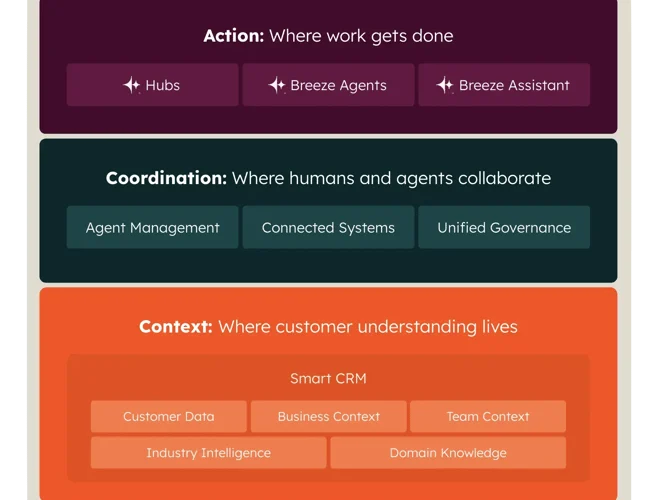Sheep are not like ideas.
200 years ago, William Foster Lloyd began pointing out that if land is shared, ranchers will all have an incentive to overgraze their sheep–if they don’t, the thinking goes, the others will. Each farmer expands until the commons is ruined. And this justifies the long process of fencing in land, because the owner of private property, it’s argued, will have an incentive to care for it.
Elinor Ostrom won the Nobel Prize in 2009 for challenging this simplistic view. She argued that in many settings, 8 principles can produce resilient and effective ways for managing commonly shared resources:
- Clear boundaries defining who has rights to use the resource
- Rules that match local needs and conditions
- Systems allowing most users to participate in modifying the rules
- Effective monitoring by accountable monitors
- Graduated sanctions for rule violators
- Low-cost and accessible conflict resolution mechanisms
- Recognition of community self-determination rights by higher authorities
- For larger systems, organization in multiple nested layers
And sheep are not like ideas.
The cultural commons, particularly software, doesn’t get used up when more people contribute to it. In fact, it gets better.
Software patents are tempting (I have two, neither of which rewarded the investors who filed the patents) but they almost never pay off. Like a hit song, software does better when more people are part of it. And it’s more likely that people will participate in software that’s resilient, inspectable, connected and always improving. The hard part might not be the idea–it’s in creating the conditions for others to participate.
Open source software is the backbone of the internet (it’s powering many of the sites you visit, including this one, and is behind most of the tools you use, including email and Wikipedia). But there’s always been a relentless, profit-driven push to fence it in.
It’s not that difficult to try to selfishly take advantage of the generous rules of open source. It’s tempting to take without contributing. Particularly if investors are pushing for market share instead of resilience and forward motion.
That means that, like so many good things, open source needs to be celebrated, supported and defended. Especially when it’s not convenient to do so. People who are working for open source are working for us.
We’d miss it if it were gone.
![13 Media Planning Tools I Tried & What Worked Best [+ Free Template]](https://firstonlineprofits.com/wp-content/uploads/2025/03/8ba68133-b408-456b-a531-171a91d2b38e.png)







Last Comments